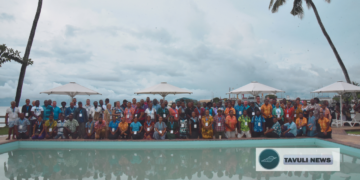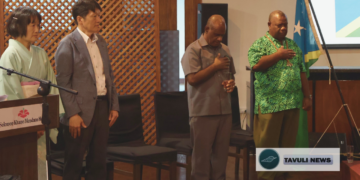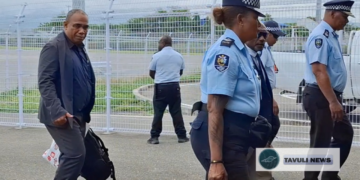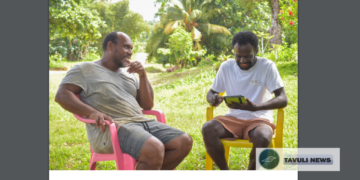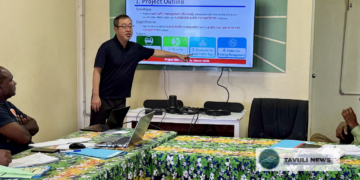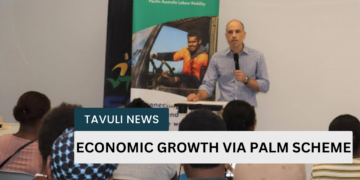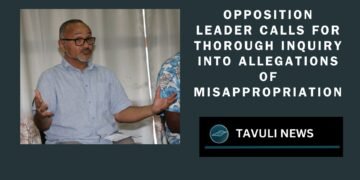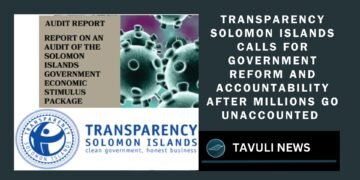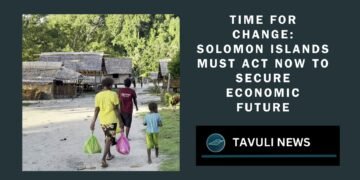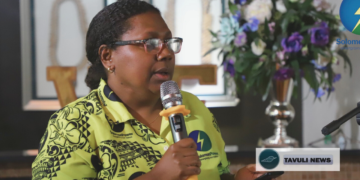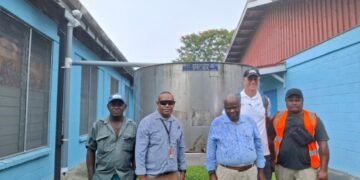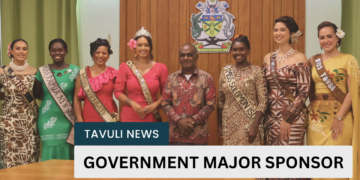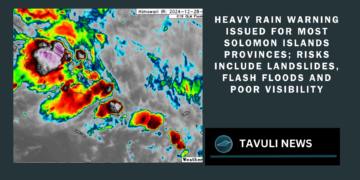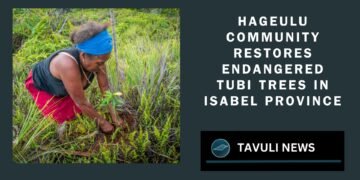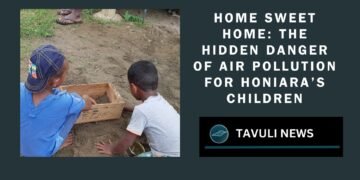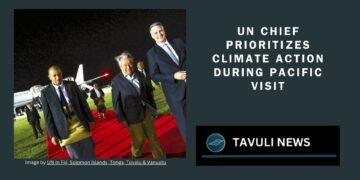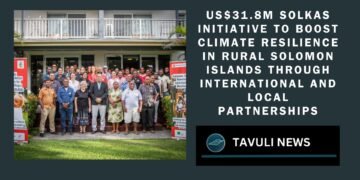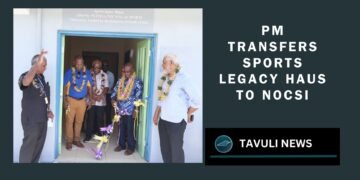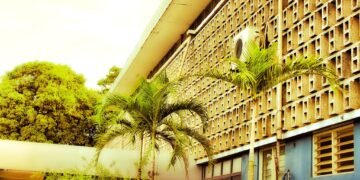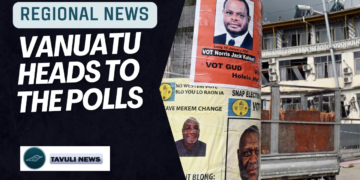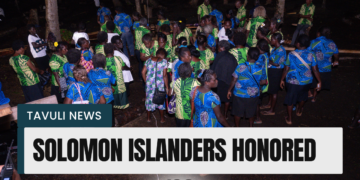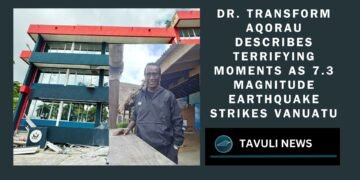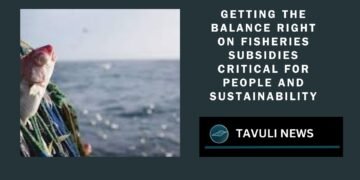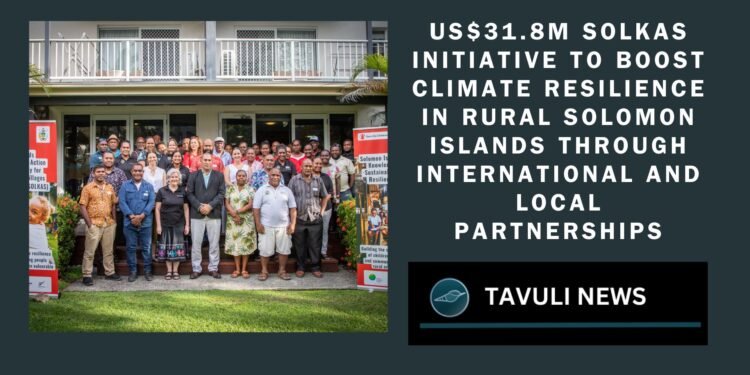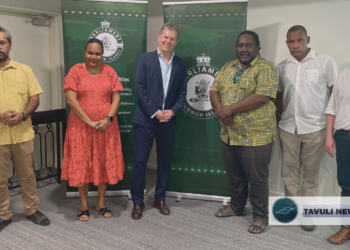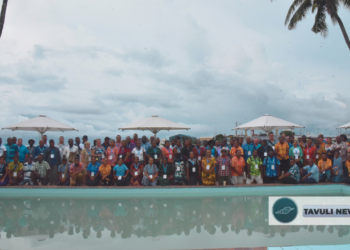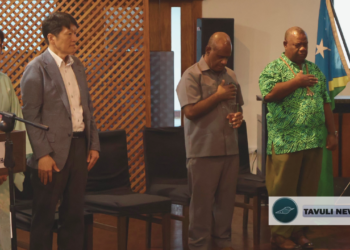$31.8M SOLKAS Project Aims to Boost Climate Resilience in Rural Solomon Islands Communities Through Collaborative Efforts
The largest locally led climate adaptation project in the region launched on Wednesday, August 7, 2024, in Honiara. Specifically, the Solomon Islands Knowledge-Action-Sustainability for Resilient Villages (SOLKAS) project, valued at US$31.8 million, receives $25 million from the Green Climate Fund. Additionally, the Solomon Islands Government, along with the Australian and New Zealand Governments, contributes the remaining funds through in-kind support and co-financing. As a result, this project aims to enhance climate resilience among children, young people, and communities in vulnerable rural areas.
During the launch, Polycarp Paea, Supervising Minister of Environment and Minister for Lands, Housing, and Survey, highlighted the Ministry’s efforts. He stated that the Ministry of Environment, Climate Change, and Disaster Management has successfully implemented various legislations, policies, and strategies to mitigate climate change impacts. Moreover, these measures are crucial for the country’s climate adaptation efforts.
The project will focus on 52 wards across 6 provinces, which were selected through a nationwide consultation in 2021. In this regard, Save the Children will collaborate with seven government ministries and relevant provincial governments. Consequently, they will work together with climate-vulnerable communities to improve adaptation capabilities in rural areas.
Furthermore, Susan Sulu, Permanent Secretary of MECDM, expressed gratitude to donors and stakeholders. She emphasized that the Solomon Islands Government is committed to addressing climate change. Therefore, the support from various partners is highly appreciated.
A significant aspect of SOLKAS is its focus on gender equality. Notably, the project includes a comprehensive Gender Action Plan. According to Lisa Cuatt, Save the Children Solomon Islands Country Director, SOLKAS fosters a meaningful partnership. She praised the initiative for building strong connections between the government and communities, aiming for sustainable practices long after the project’s completion.
The project will engage several government ministries: Ministry of Environment, Climate Change, Disaster Management and Meteorology; Ministry of Agriculture and Livestock; Ministry of Fisheries and Marine Resources; Ministry of Rural Development; Ministry of Education and Human Resources; Ministry of Provincial Government and Institutional Strengthening; and Ministry of Women, Youth, Children, and Family Affairs.
4o mini


